

As the mobility sector undergoes significant transformation due to rapid technological advancements, the revolutionization continues to fuel innovation and cause disruption within the global automotive industry on a massive scale.
While the scenario turns fierce in the newly evolving space, the future of mobility reflects great possibility of massive change across societies. To counter challenges effectively and to emerge as a disruptor, absolute concentration on building remarkable brand identity and robust frameworks aligned with the bigger dynamics unfolding on the sustainability front is paramount for businesses to not just gain repute but earn the badge of a purpose-driven brand.
In view of the innovations and developments happening in the presently evolving world of mobility, below are some of the most critical trends, challenges and opportunities that could help new businesses make strong foray into the newly emerging market.
Watching Trends
Electrifying Beyond Horizon
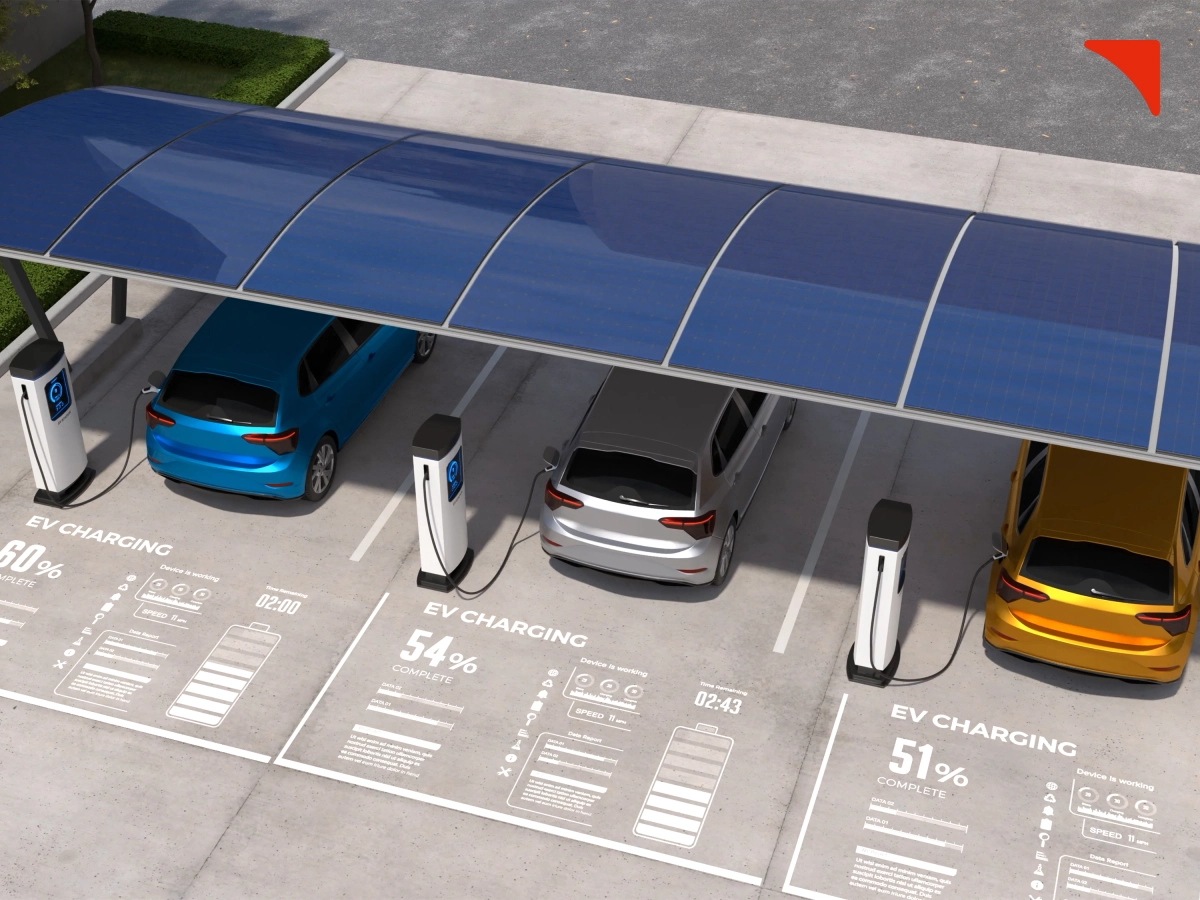
The transition to electric vehicles is no longer a distant aspiration but a tangible reality reshaping the automotive landscape. With major automakers committing to all-electric futures and governments implementing stringent emission regulations, brand design agencies helps new businesses embrace the challenge and craft an entire ecosystem for the new gen. From reimagining charging infrastructure to addressing concerns of range anxiety, the electrification revolution demands a holistic approach that balances innovation with practicality.
Accelerating Autonomous Revolution

The dream of autonomous vehicles navigating our streets with flawless precision is fast becoming a tangible reality. However, the journey towards full autonomy is fraught with technical, regulatory, and ethical complexities. Design agencies are leading the charge in crafting seamless human-machine interfaces (HMIs) that instil trust and confidence while navigating the intricacies of regulatory frameworks and societal acceptance. The intersection of AI, sensor technology, and design thinking holds the key to unlocking the full potential of autonomous mobility.
Reshaping Urban Fabric
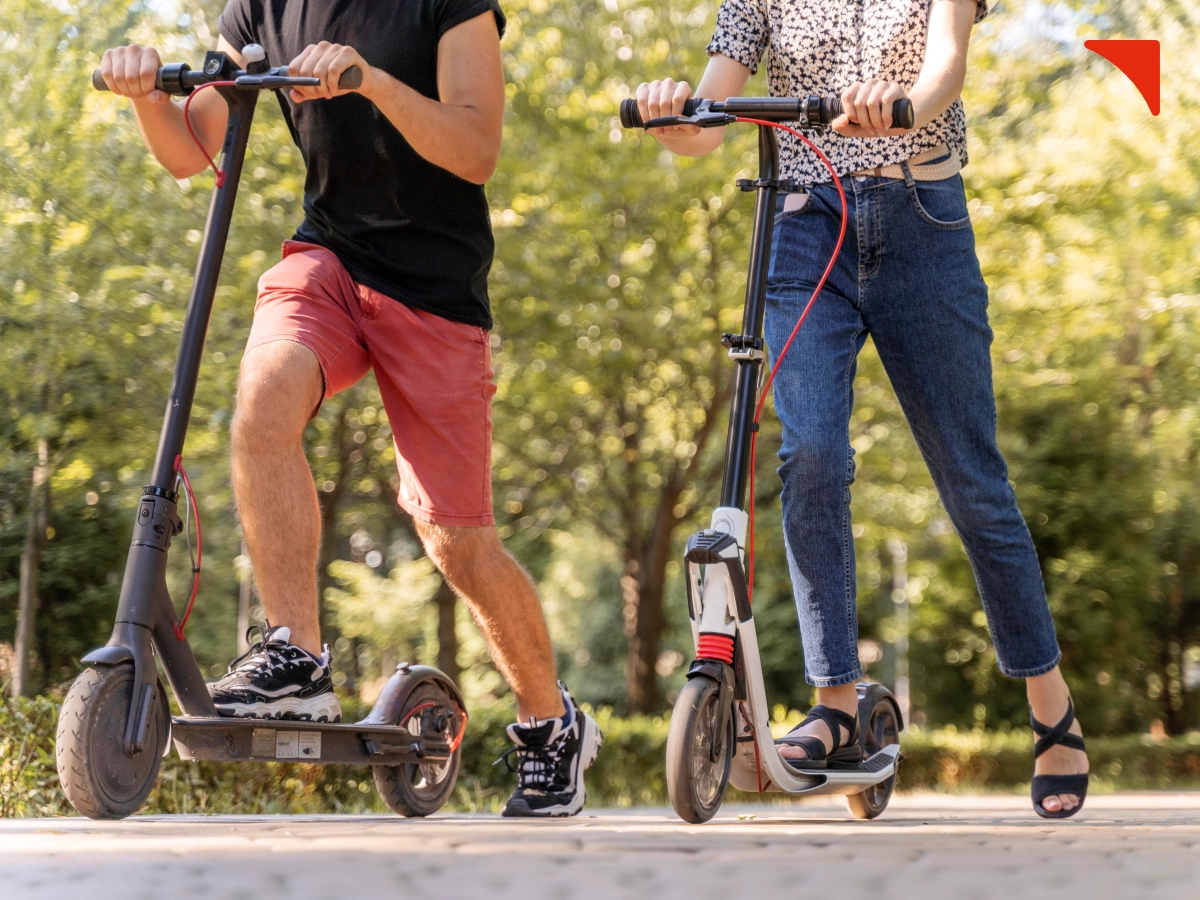
The rise of shared platforms, from ride-hailing to micro-mobility solutions, is transforming the way we conceptualize urban transportation. Design agencies are tasked with envisioning and executing solutions that not only cater to the diverse needs of commuters but also foster inclusivity, accessibility, and sustainability. By embracing the principles of collaborative consumption and designing for shared experiences, we can pave the way for a more equitable and efficient urban ecosystem.
Redefining Connected Experience
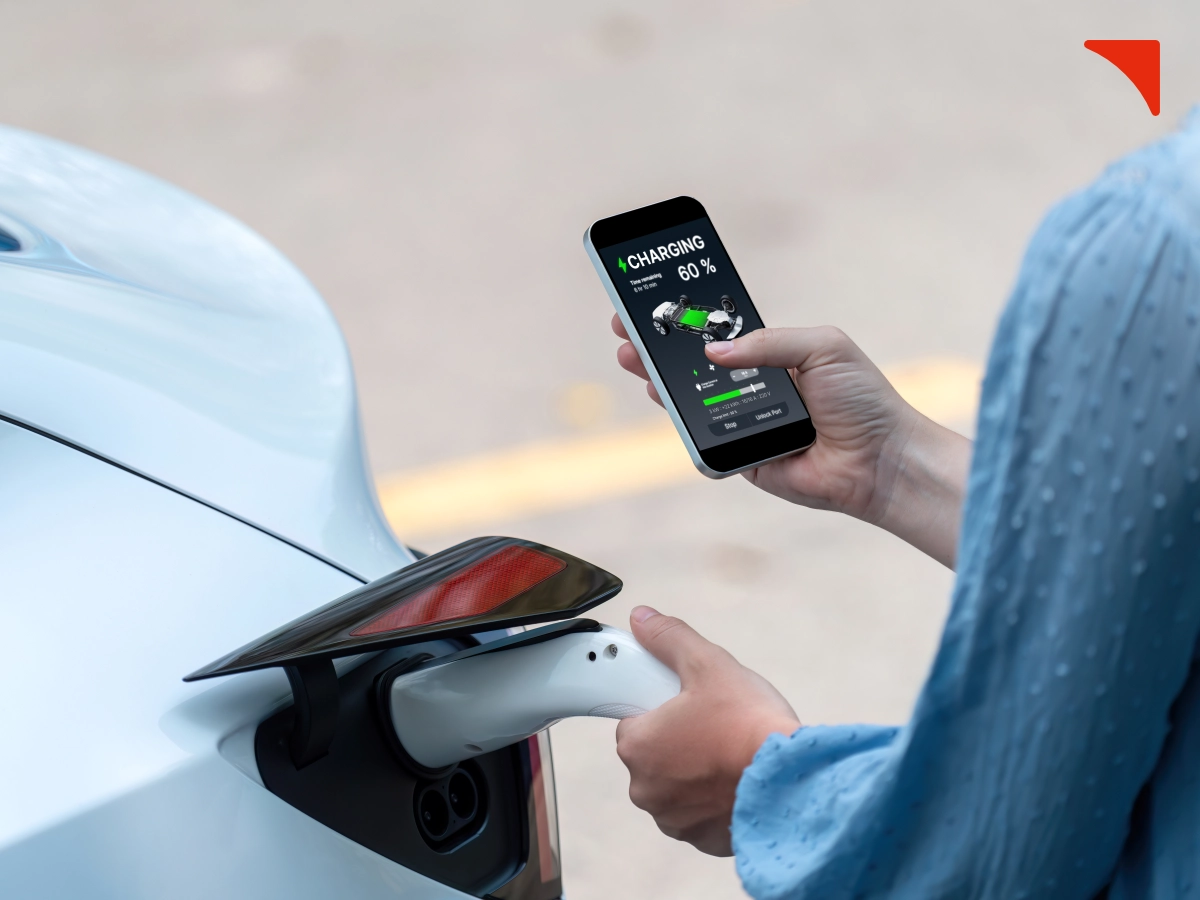
In an era defined by interconnectedness, the concept of mobility extends far beyond the confines of vehicles themselves. Design agencies must embrace the paradigm shift towards connected mobility, where seamless integration with digital ecosystems and smart infrastructure is the norm. By prioritizing user-centric design and crafting immersive digital experiences, mundane journeys are transformed into memorable adventures while harnessing the power of data to optimize efficiency and convenience.
Confronting Challenges
Dissecting Regulatory Compliances

Navigating the complex landscape of regulations and standards poses a formidable challenge for new businesses seeking to innovate. From safety certifications to data privacy laws, the regulatory framework governing the sector is fast changing. To address the challenge quite effectively, businesses must proactively engage with policymakers, industry stakeholders, and advocacy groups to shape regulations that foster innovation while safeguarding public interests.
Simplifying Data Complexities
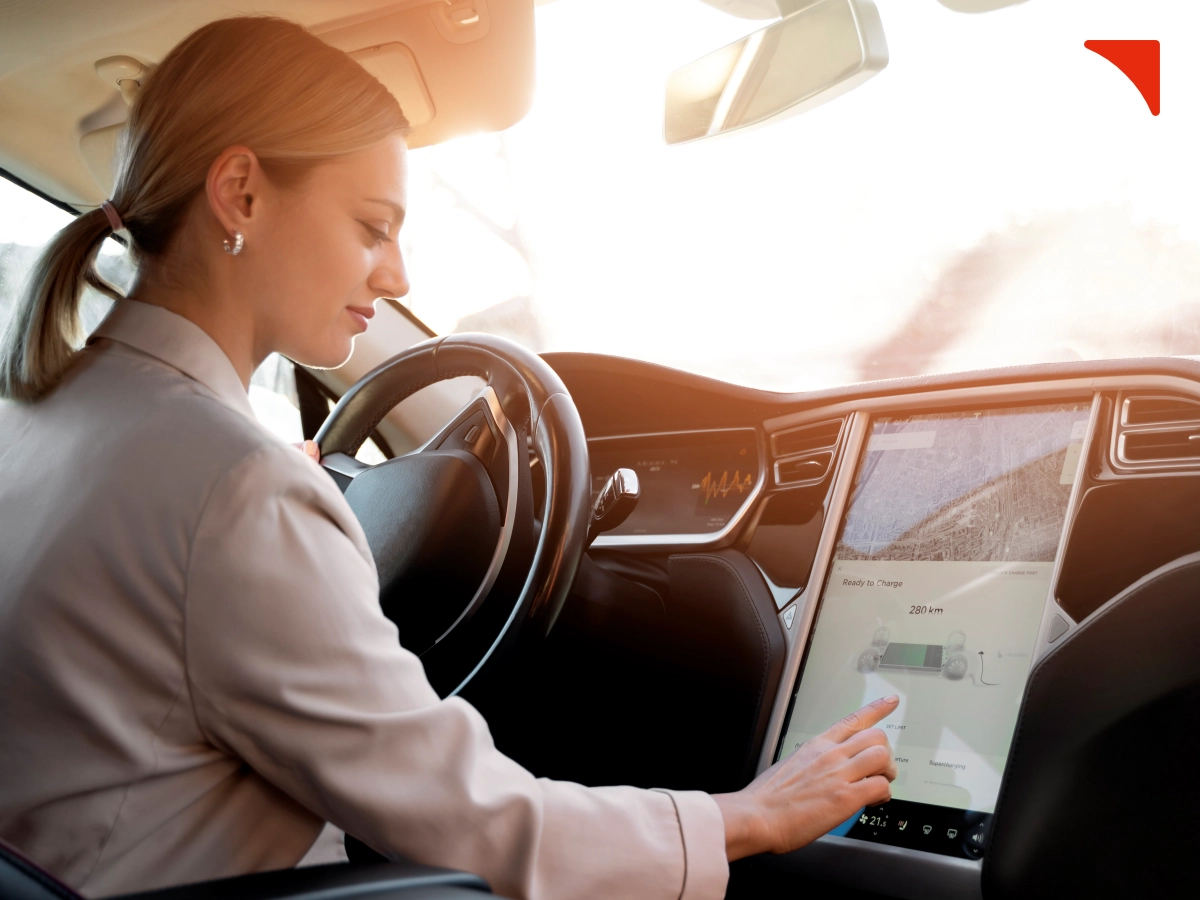
The proliferation of connected vehicles and mobility services has ushered in an era of unprecedented data collection and analysis. However, this abundance of data brings with it a host of ethical, privacy, and security concerns. Businesses must prioritize data governance, transparency, and user consent to build trust and confidence in connected solutions. By adhering to principles of data ethics and adopting robust security protocols, the transformative potential of data can be harnessed while mitigating its vulnerabilities.
Defining Infrastructure Imperatives
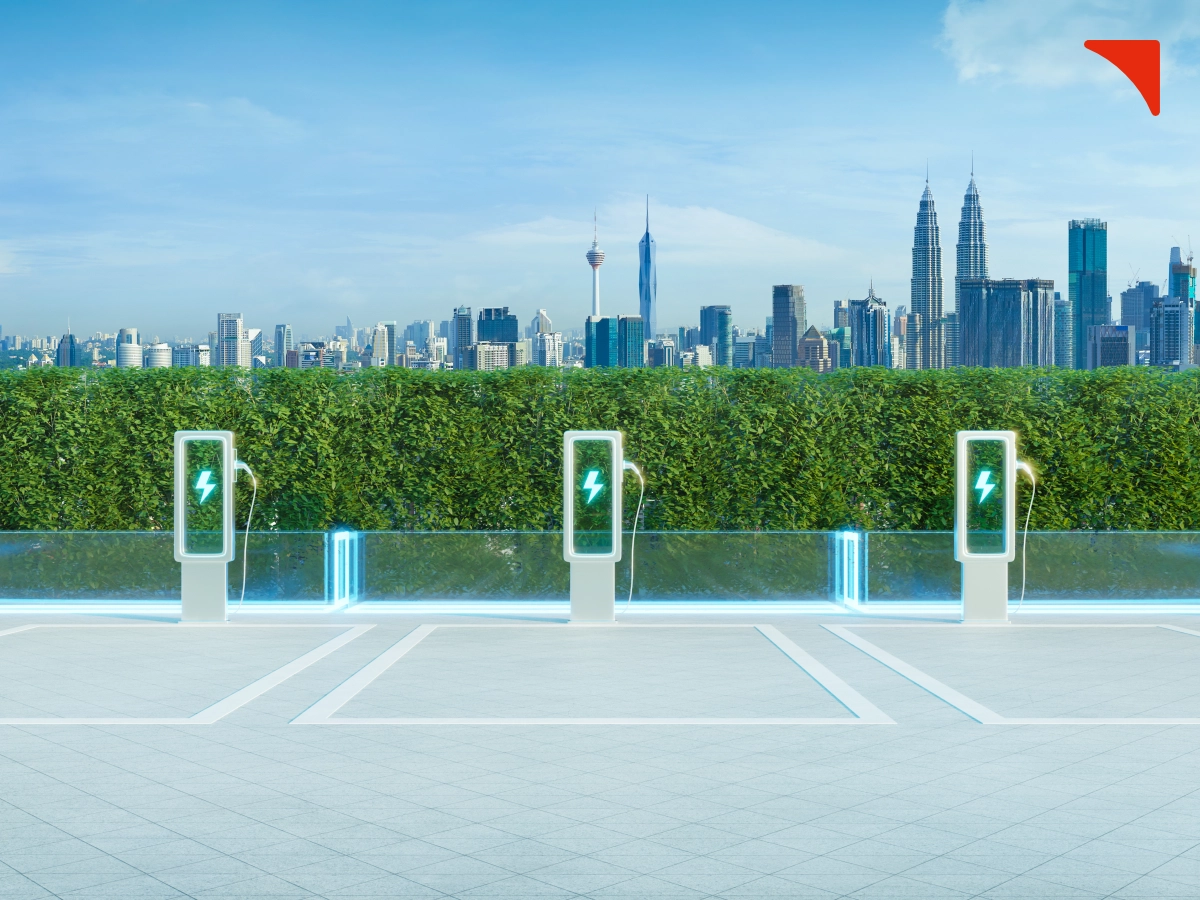
The seamless integration of new technologies rests upon the availability of robust infrastructure, from charging stations for EVs to dedicated lanes for AVs. New businesses must collaborate with urban planners, policymakers, and infrastructure providers to design holistic solutions that address the unique needs of diverse communities. By advocating for sustainable infrastructure investments and embracing adaptive design principles, a strong foundation for an ecosystem that is resilient, inclusive, and future-proof.
Identifying Cultural Shifts
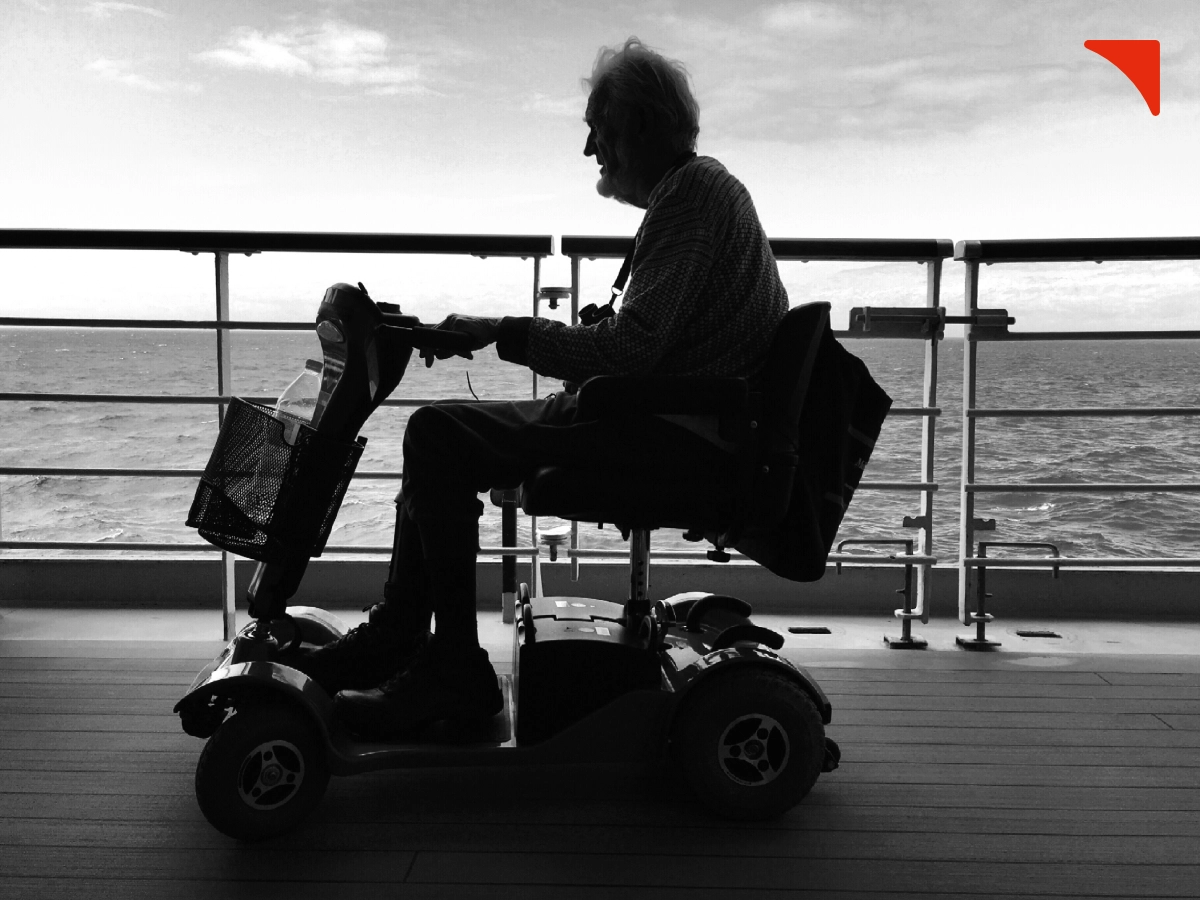
Embracing the transition to the new paradigm requires a fundamental shift in cultural norms, attitudes, and behaviours. Businesses by recognizing the diversity of human experiences and societal values could shape strong relationship with mobility. By fostering empathy, inclusivity, and co-creation, solutions that resonate with people from all walks of life can be designed to ensure that the benefits are accessible to all.
Seizing Opportunities
Bringing Advanced Innovation
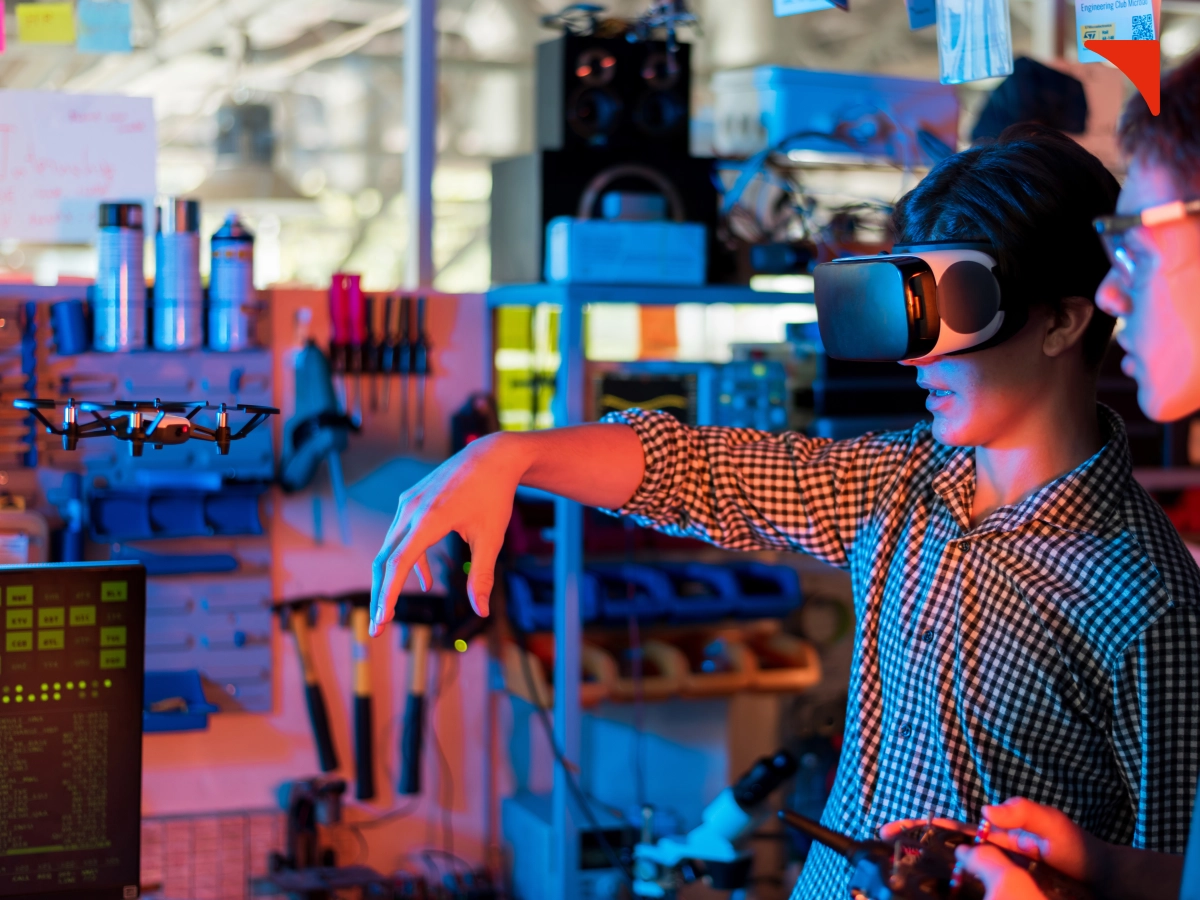
At the heart a successful solution lies a deep understanding of human needs, desires, and aspirations. Businesses must embrace human-centred design principles to create experiences that are intuitive, inclusive, and empowering. By placing empathy at the forefront of our design process, entities can unlock insights that drive meaningful innovation and foster genuine connections between people and mobility solutions.
Stressing Sustainability Quotient
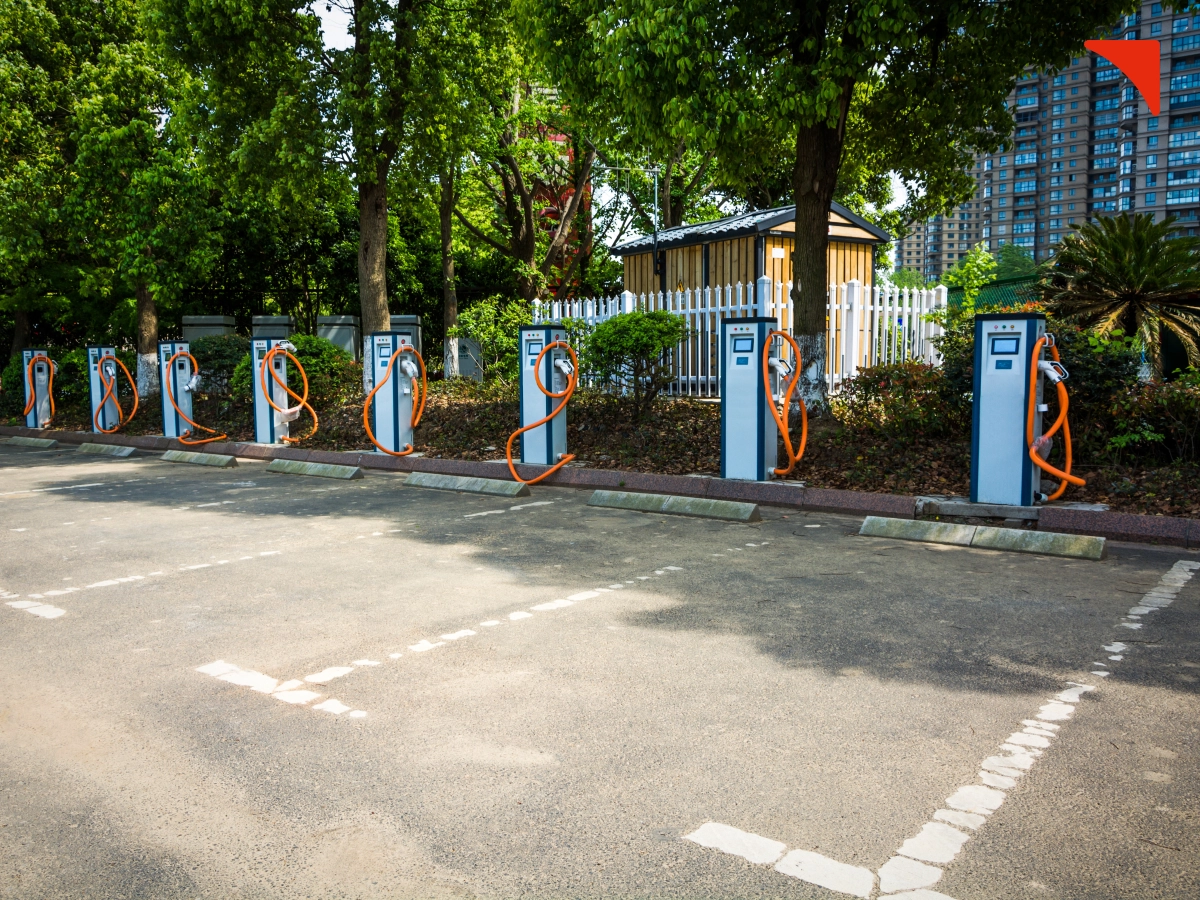
The imperative to combat climate change and reduce environmental impact has brought sustainability to the forefront of the mobility agenda. Businesses have a unique opportunity to lead the charge towards a more sustainable future by embracing eco-friendly materials, lightweight design principles, and circular economy models. By reimagining the entire lifecycle of the new solutions, from production to end-of-life disposal, entities can minimize ecological footprint while maximizing social and economic value.
Fuelling Tremendous Creativity

The challenges faced in reshaping the future of mobility are too complex and highly multifaceted. Young businesses must embrace the spirit of collaboration, partnering with diverse stakeholders across industries, disciplines, and geographies. By fostering open innovation ecosystems, co-creation platforms, and interdisciplinary collaborations, entities can harness strong collective wisdom and creativity of global communities to drive transformative change at scale.
Empowering Marginalised Communities
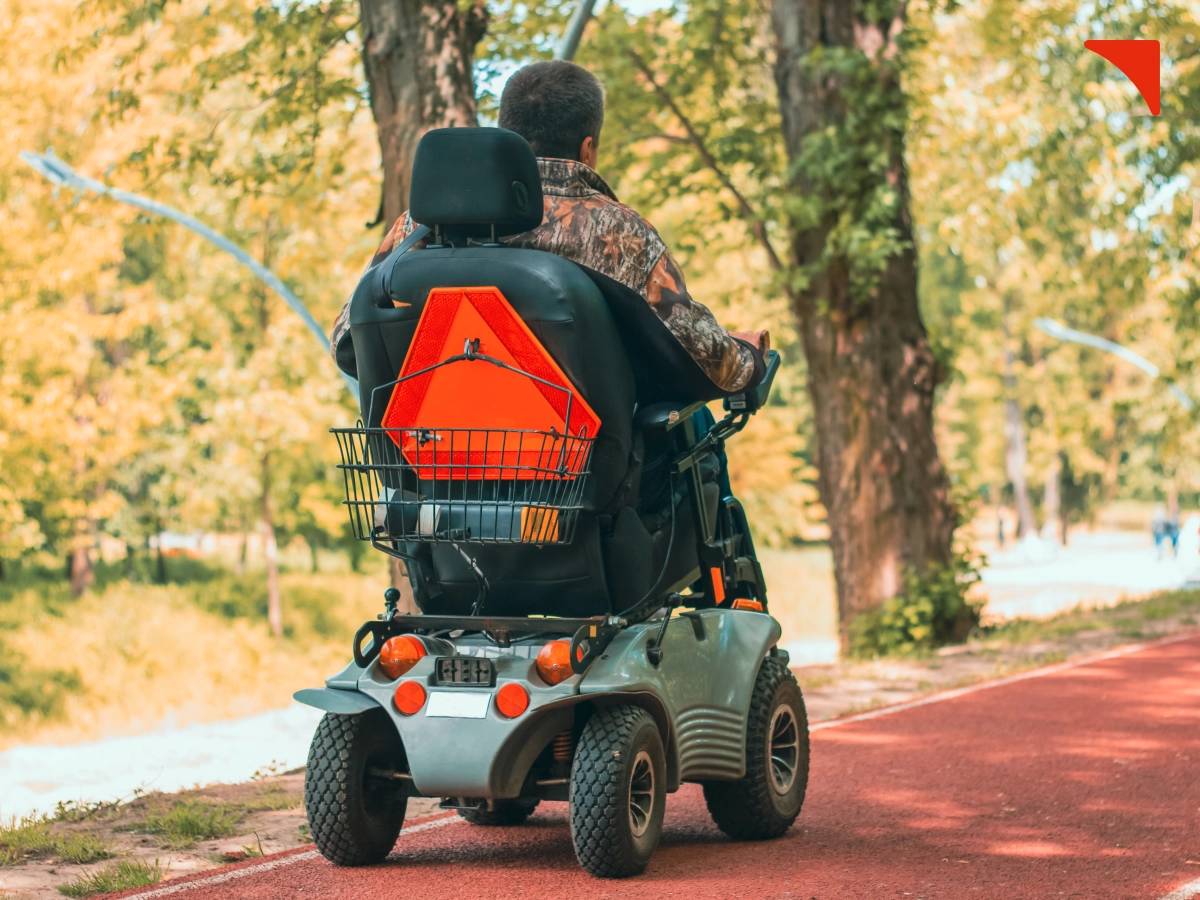
True innovation is not measured solely by technological prowess or market dominance but by the ability to empower individuals and communities to lead new lives. Businesses in the present times have a responsibility to design solutions that are not only functional and efficient but also socially equitable and culturally resonant. By engaging with local communities, and understanding their unique needs and aspirations, advanced mobility solutions that enhance quality of life, promote social inclusion, and foster shared prosperity can be introduced.
The Road Ahead
As we stand on the cusp of a great revolution, the role of design agencies has never been more critical or consequential. Armed with creativity, empathy, and a relentless commitment to innovation, agencies power-up businesses to shape a future that is not only technologically advanced and economically viable but also socially just and environmentally sustainable.
While embracing the newly evolving trends, challenges, and opportunities could help businesses embark on a transformative journey in line with a remarkable vision of a world where developments in the mobility space ushers beyond boundaries and is not merely a destination to be reached but a journey to be embraced—a journey that promises to redefine our relationship with transportation, reshape our cities, and reimagine the very fabric of human existence. Specialised agencies by complementing businesses contribute to the revolution and wields creativity, ingenuity, and passion to shape a future where mobility is not just a means of getting from point A to point B but a catalyst for positive change and immense exploration.
As the future of mobility is likely to be characterized by increased electrification, automation, connectivity, and sustainability, leading to more efficient, accessible, and environmentally friendly transportation systems, emerging with a vision to bring change requires consistent collaboration between governments, industries, and communities to address technological, regulatory, and societal challenges effectively.